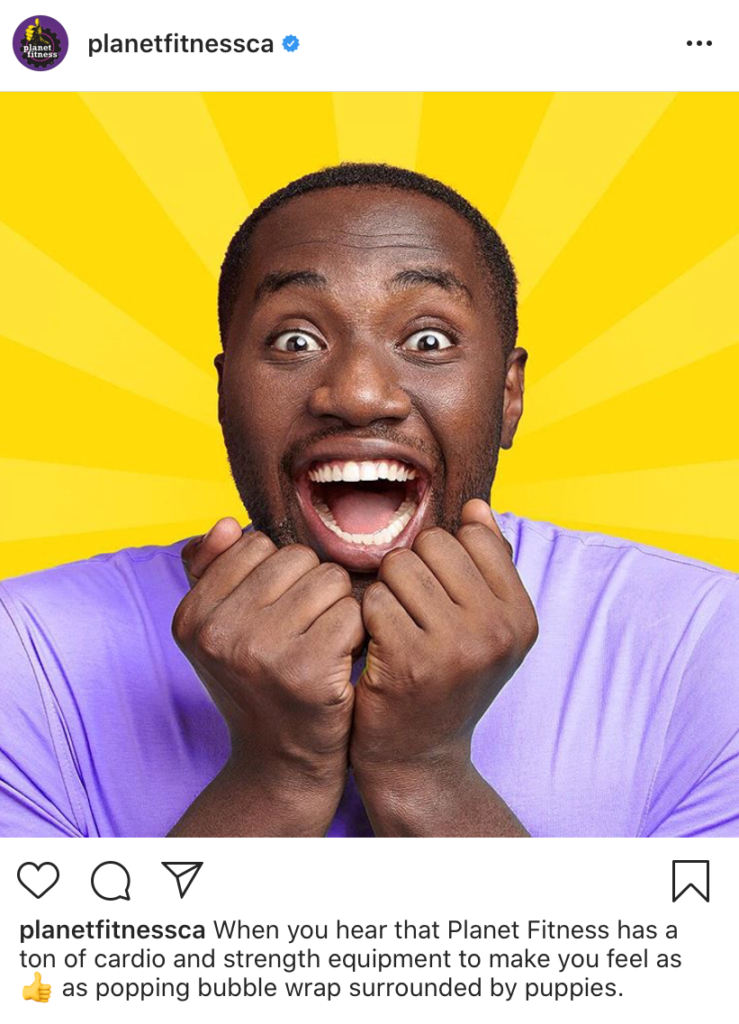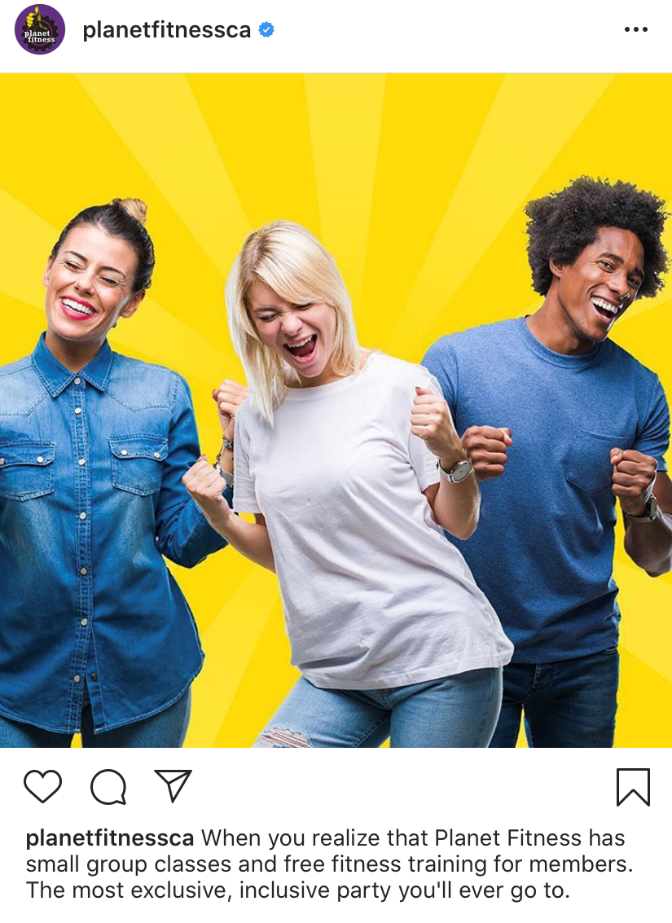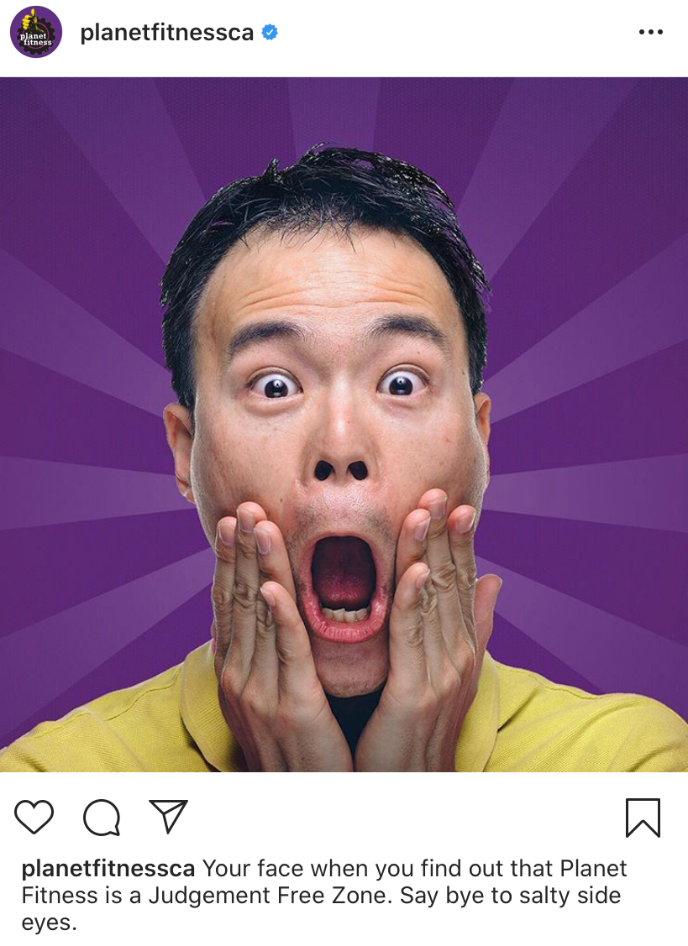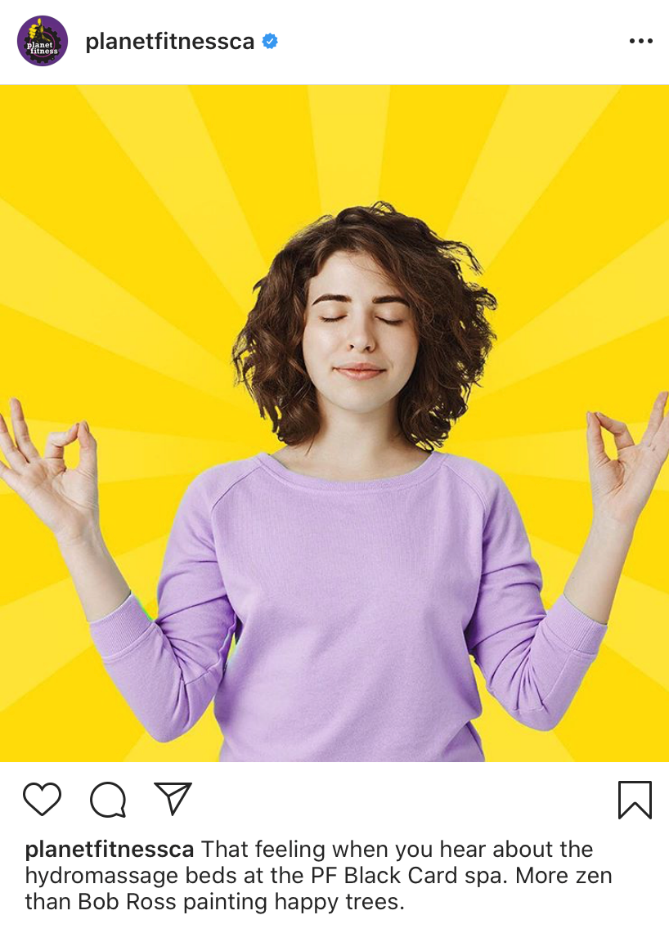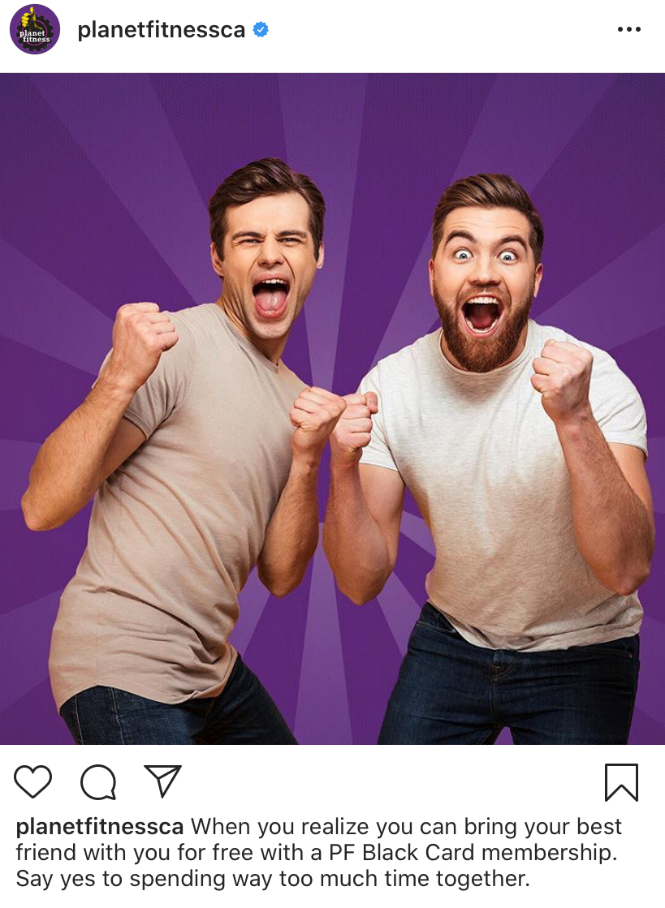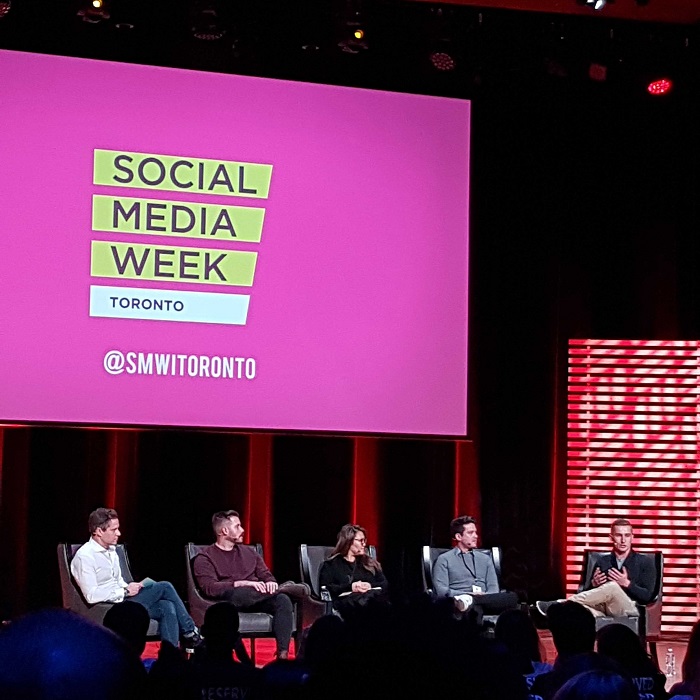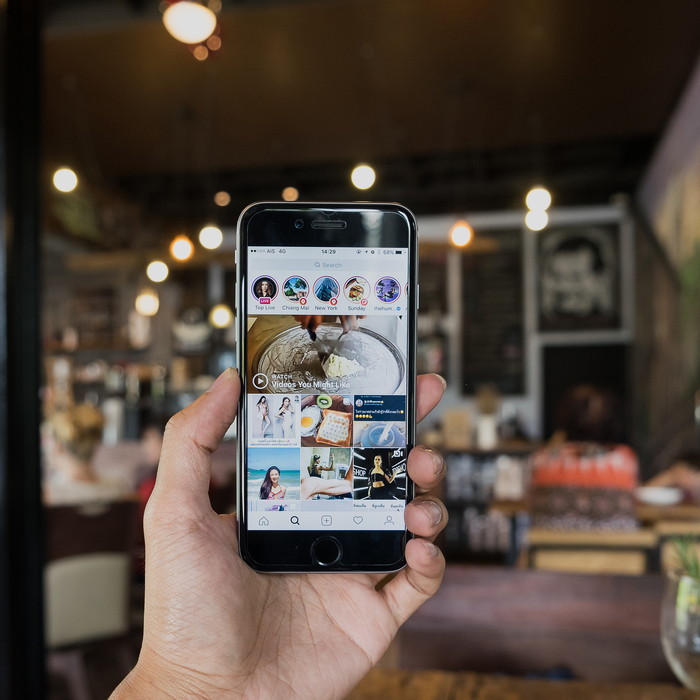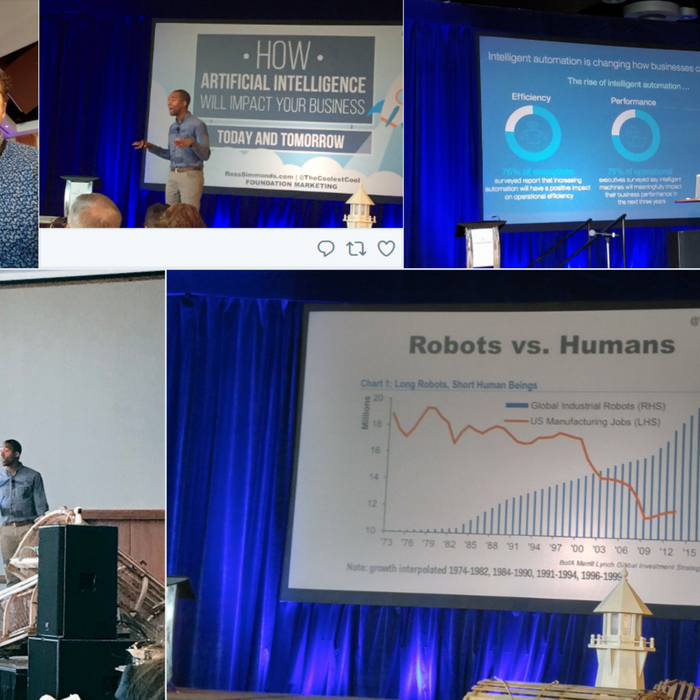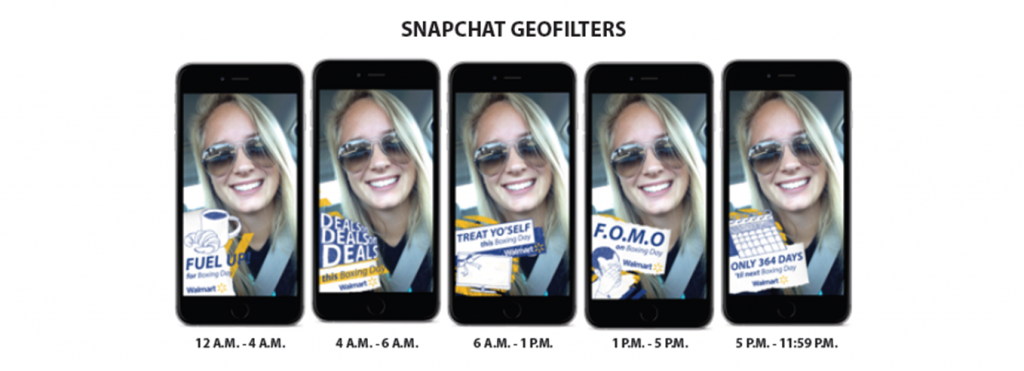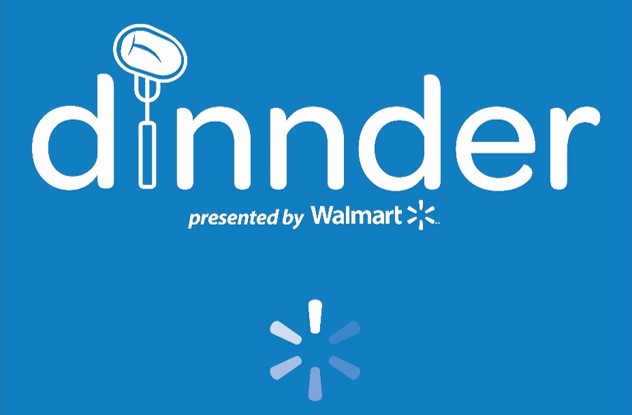From algorithm adjustments to the ever-changing video formats. Social media is constantly evolving, and as digital strategists it’s important we keep on top of these changes to better optimize our content for any platform.
The ruckus team had an opportunity to attend Social Media Week Toronto, which brought several leading social media marketers together to outline what’s new and upcoming for social media marketing.
This piece highlights our key takeaways from the conference and what inspired us the most:
1. Select influencers that matter to your message
Brands often select influencers based on their reach with the goal of getting their content in front of a large audience. However, algorithms are customizing social feeds based on user behavior and the most relevant content users engage with and brands need to adapt. These four considerations are the key to selecting the right influencers for your brand:
- Relevance: How often does the influencer talk about topics and information that are relevant to your brand?
- Resonance: How well does the content resonate with the influencer’s audience? What is their engagement rate?
- Reference: How big is their influence? Do other key influencers follow them as well?
- Reach: Make no mistake, reach still matters, but the above considerations are far more important to maximize your campaign’s results.
2. Don’t count out other platforms
Facebook is a very cost-effective medium and it’s easy to funnel all your social marketing here. Especially if you’re a new brand or a new product, it’s a no-brainer to reach as many as 75 percent of Canadians. However, this platform might not be the only platform depending on the audience or marketing objectives that your brand could explore.
Platforms like Reddit and Pinterest were profiled as platforms to reconsider for your marketing strategies for these reasons:
- Reddit has a community of strong opinions and could be a place to help drive traffic – however, beware of the content leveraged here and speak in Reddit-lingo to engage better with this audience.
- Pinterest is full of lifestyle content with a strong base of users looking for wedding inspiration or meal prep ideas. Advertising on the platform has been getting easier and just as sophisticated as Facebook – they even launched a Toronto office!
3. Prepare for and embrace the chaos
To keep on top of the high volume of engagements during election night, CBC Toronto built a control room entirely for social, and an equipped team of social media producers to fill it. This amount of preparation and support benefited CBC as their team was able to:
- Ensure that things ran smoothly.
- Bring questions from online to their team of reporters, at the venues throughout the city to get answers from the candidates themselves.
- Respond to each comment and reaction in real-time, which played a huge part in their live-coverage success as CBC’s Digital Producer, @vvalido explained, “it really helped to keep people interested.”
4. Cannabis is here to stay – even if you can’t market it
At a session with Josh Lyon of Tokyo Smoke and Amanda Marino from Herb, we learned the background of marketing in cannabis (even though you pretty much can’t). To begin with, did you know that the word “cannabis” is politically correct – and that we shouldn’t use marijuana? Regardless, both agreed that education is the key for cannabis in the future, how they reach their audiences and promote their brand is done in a different way.
- Tokyo Smoke – Working for a company that sells paraphernalia and cannabis products, they are unable to promote their brand on any social channel. They are not allowed to use images or videos that show people using their products – Tokyo Smoke can show their shops and pictures that may help people learn about cannabis, but none of their products. Since they can’t advertise, their social media and coffee shop methods are a great place to educate.
- Herb –Their social media accounts are all about improving the image of cannabis and its users, while also being educational. They mainly play on YouTube, where they have both fun and educational videos – whether it is moms getting high and playing Fortnite, to learning about the history of 4/20. They try to use a lot of comedy as they say people always like to laugh.
5. LinkedIn is In
LinkedIn is often thought of as a networking tool rather than a social platform with capabilities beyond job hunting and connecting with peers. After Goldie Chan’s Unpacking the LinkedIn Influencer session, we saw LinkedIn as a platform that can add value to any social campaign, especially in the B2B sector.
This is LinkedIn at a glance:
- It currently has 565 million users worldwide, 40% of which are daily users
- 57% of its traffic is mobile
- 44% of LinkedIn users make more than $75K USD annually
LinkedIn users have a deep understanding of their industries and will engage with highly targeted and in-depth content, making it possible for brands to hyper-specialize their messaging to respective audiences.
Working with influencers on the platform has also proven successful. Consider partnering with LinkedIn influencers to build brand awareness for a B2B company, amplify a B2C product launch, or grow a company executive’s brand.
Finally, here are some individual profile LinkedIn tips from the session:
- A professional headshot is a must
- Optimize your profile copy for SEO and include links to your other social accounts and websites
- Post content that is specific to your industry
- Include high-quality video in your strategy
- Improve your SEO with strong written content
- Add a personal note to your connection requests
Katie Boland, Amanda Carreiro, Vivian Kwong, Nicole Pomeroy, and Kevin Behar are all a part of the APEX/ruckus digital team. Need help with your social strategy? Drop us a line.


